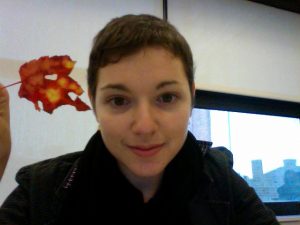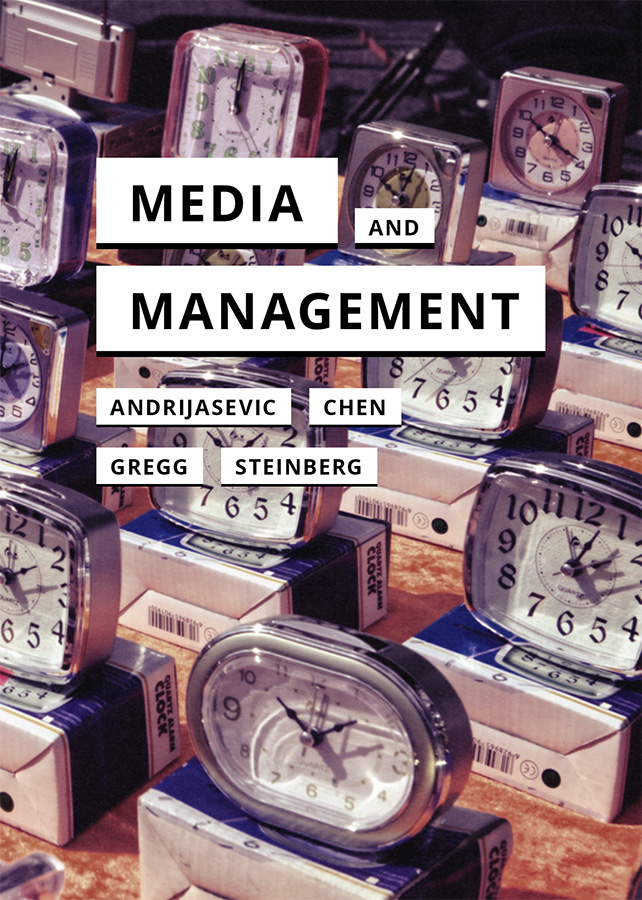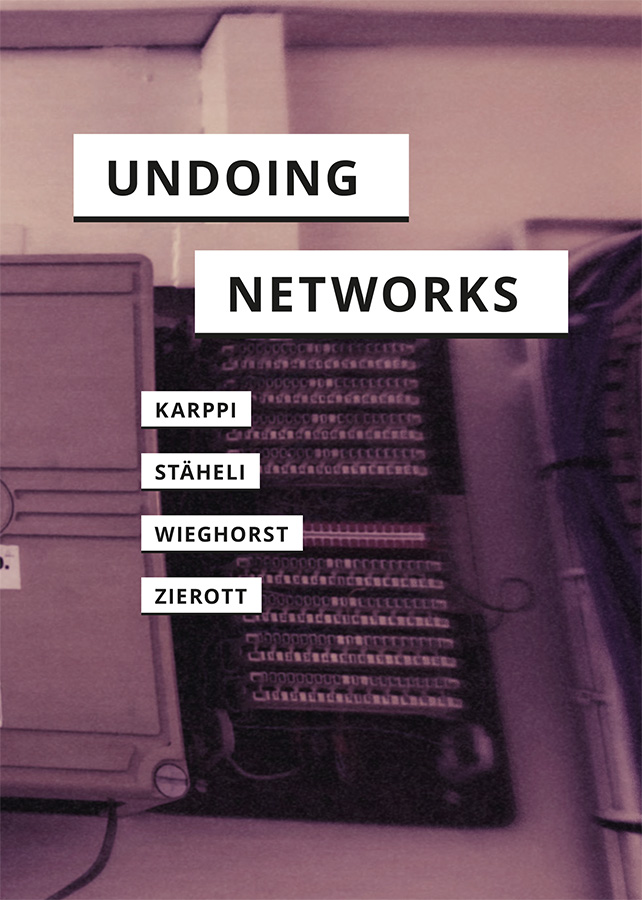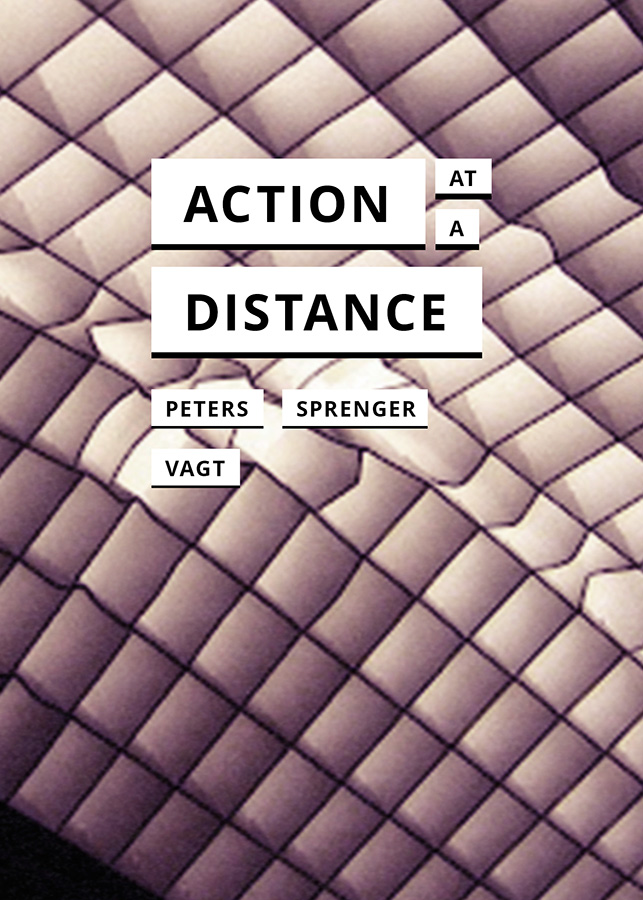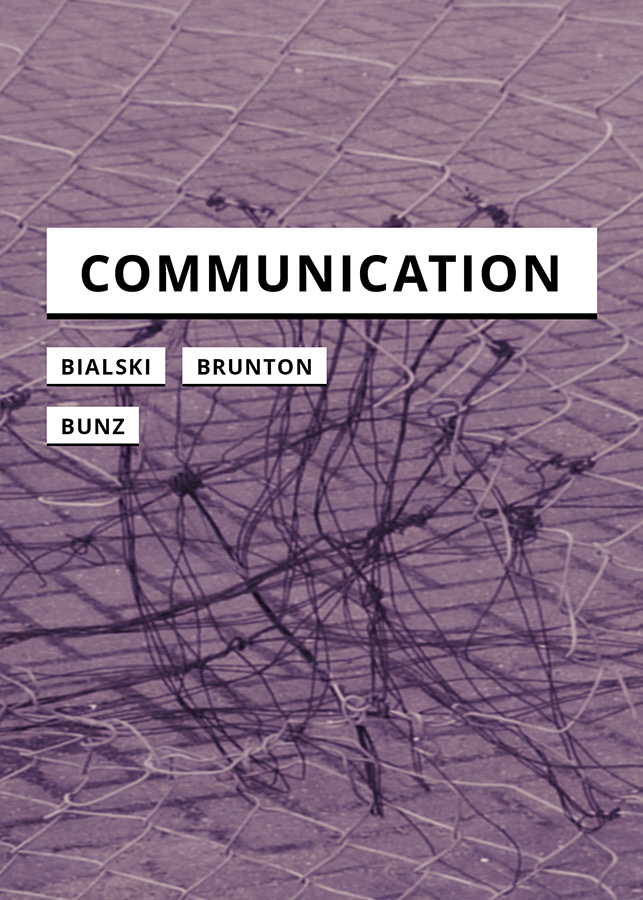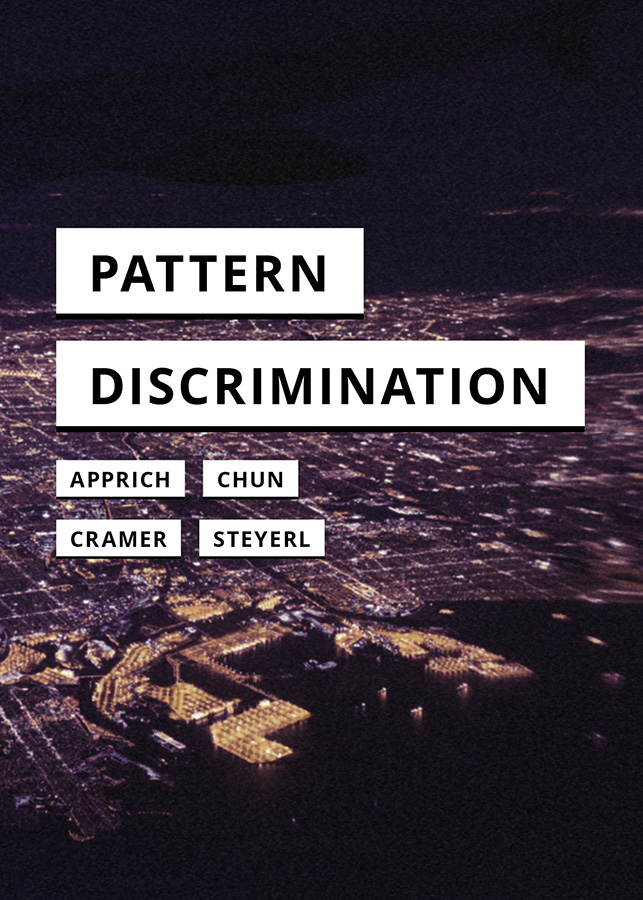Remain
In a world undergoing constant media-driven change, the infrastructures, materialities, and temporalities of remains have become urgent. This book engages with the remains and remainders of media cultures through the lens both of theater and performance studies and of media archaeology. By taking “remain” as a verb, noun, state, and process of becoming, the authors explore the epistemological, social, and political implications.
“What emerges in this short book is a theory of media as that which remains. Mediating deep time with temporarily fossilized moments in our cultural history, the book’s multivoice narrative raises important questions about human responsibility for matter and other matters.”
— Joanna Zylinska, Goldsmiths, University of London
“This book spells out the ways in which past media and past practices continue to haunt and inflect our present social and technical arrangements.”
— Steven Shaviro, Wayne State University


